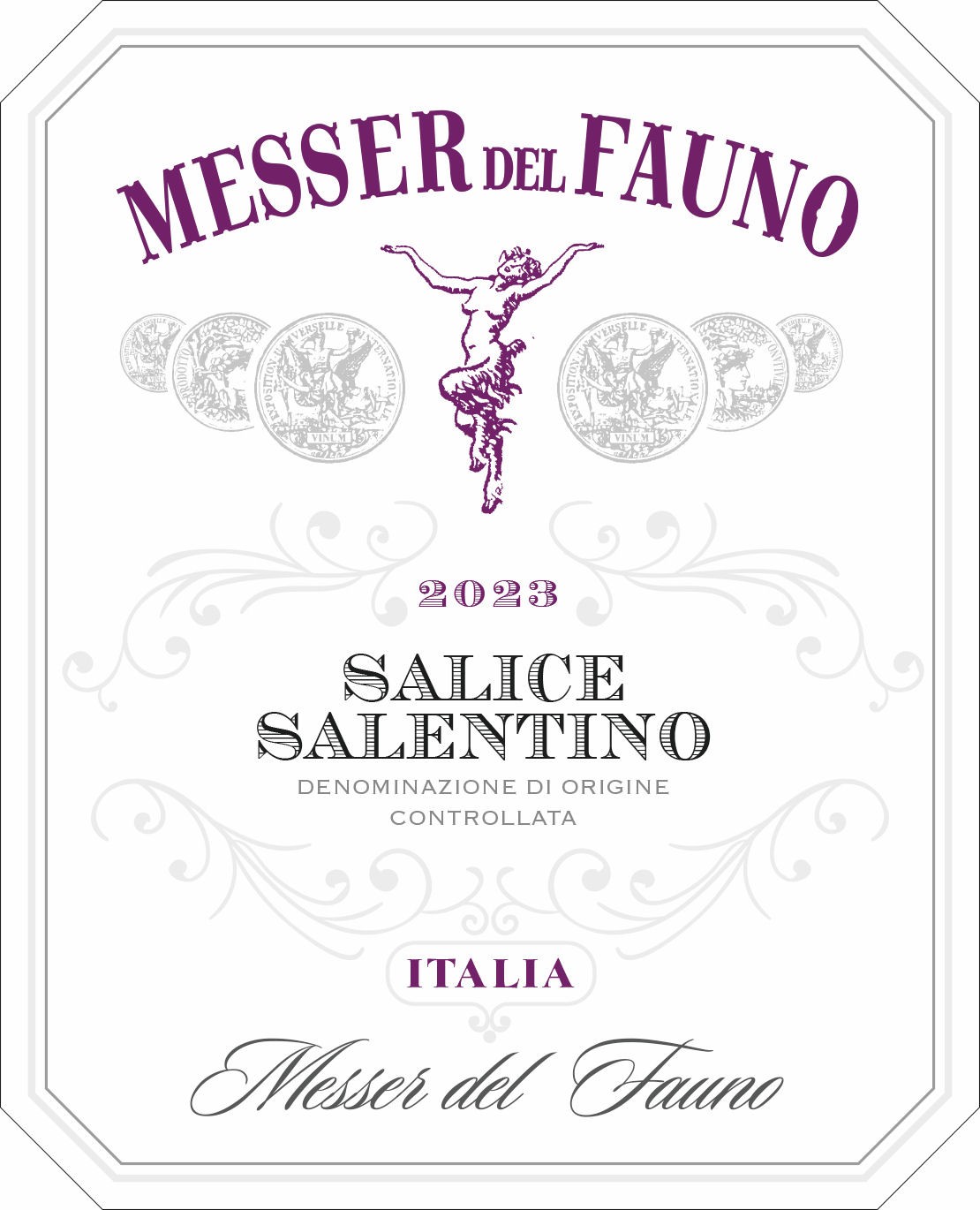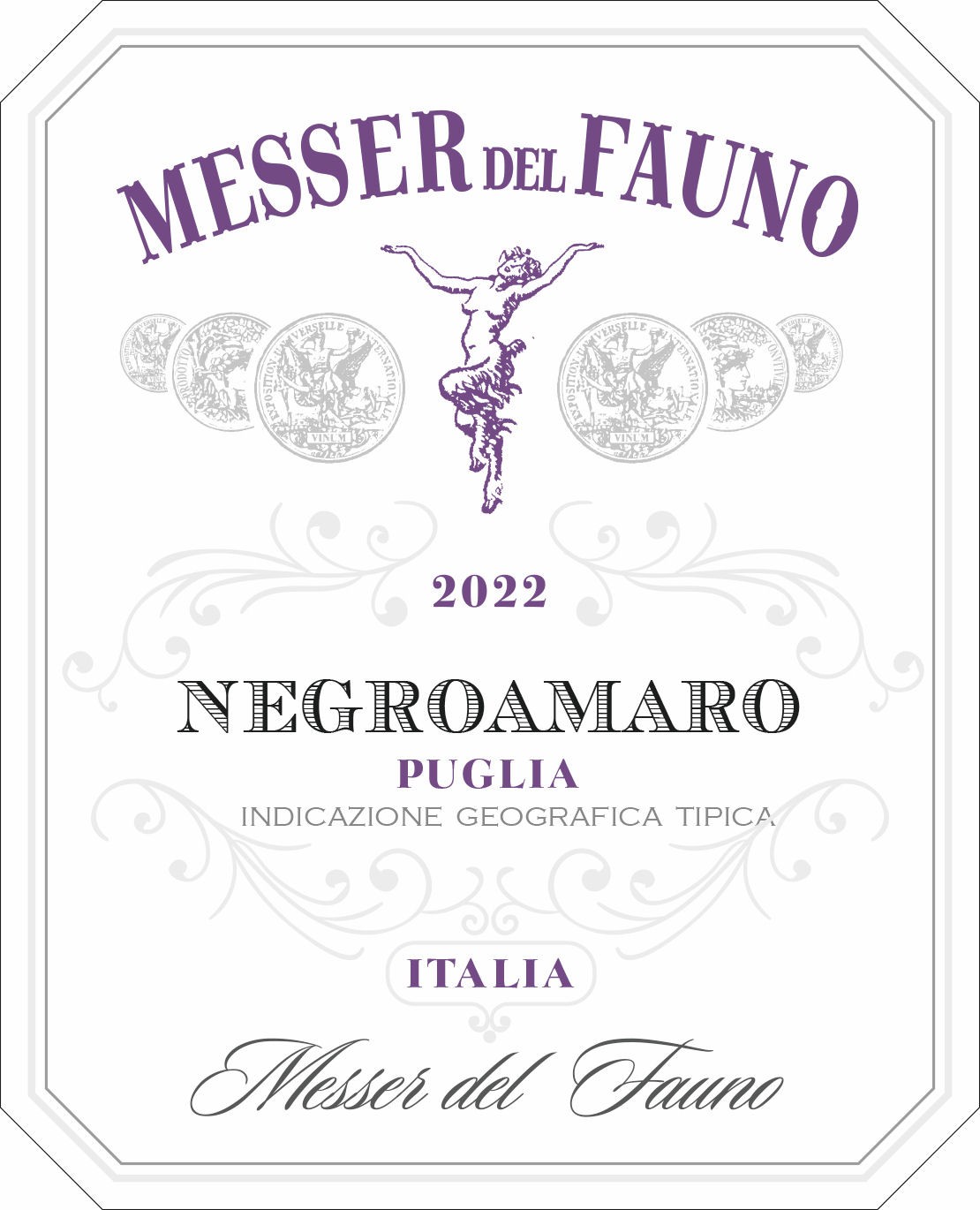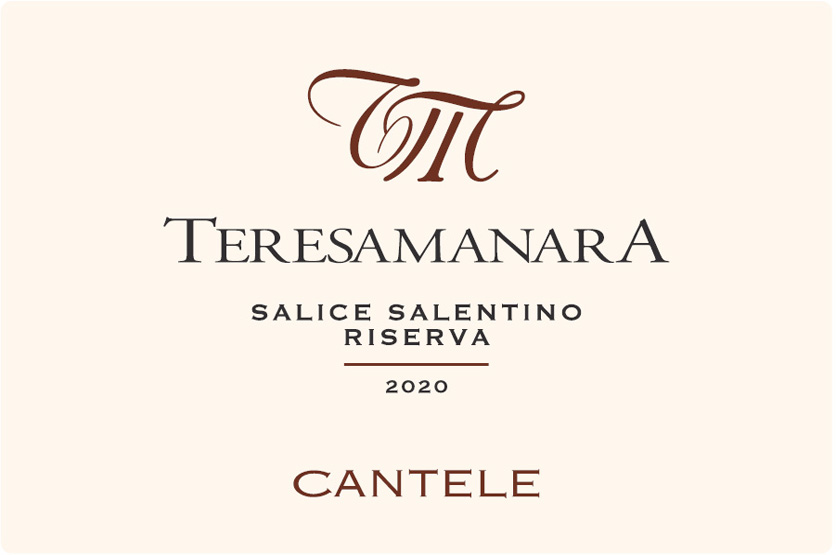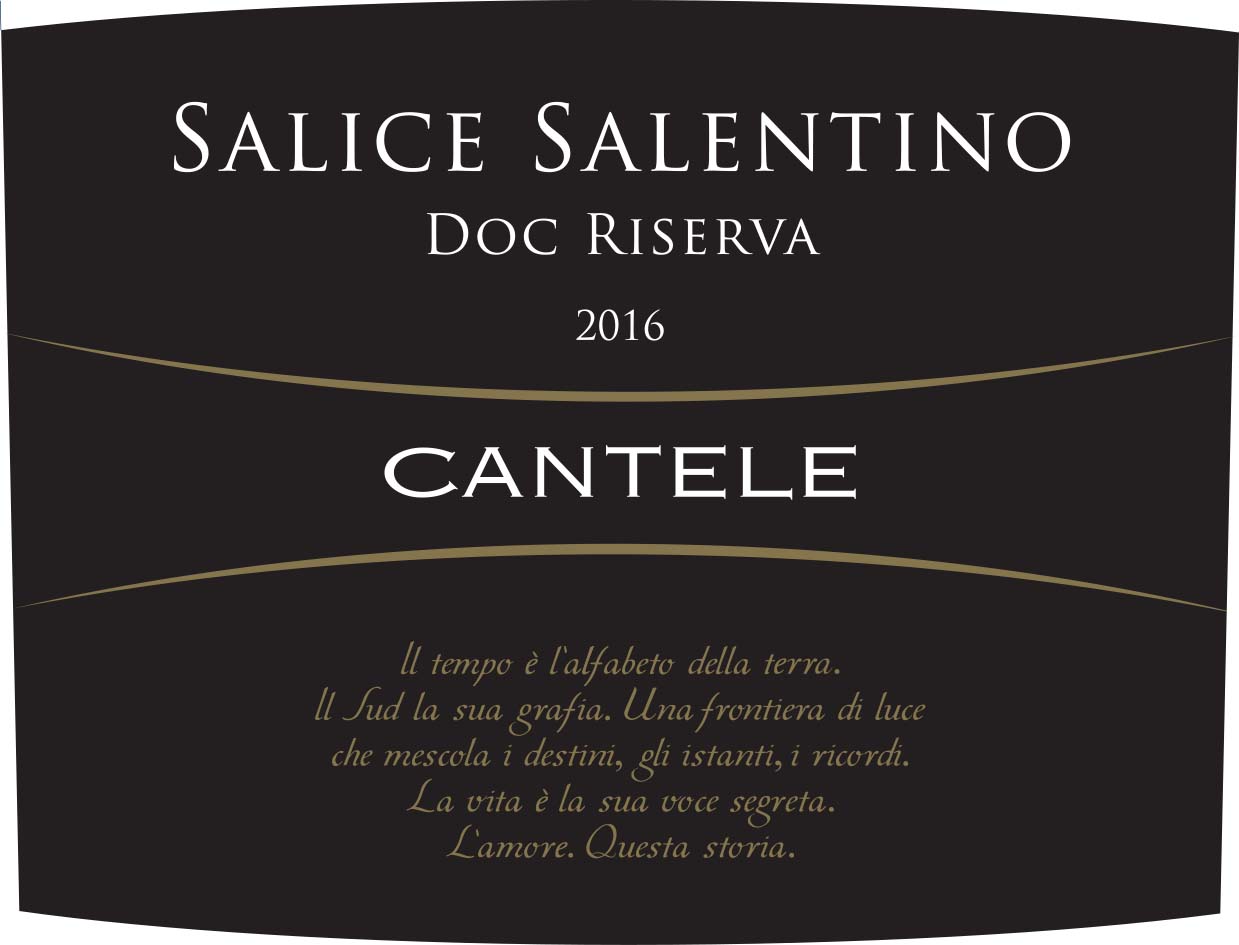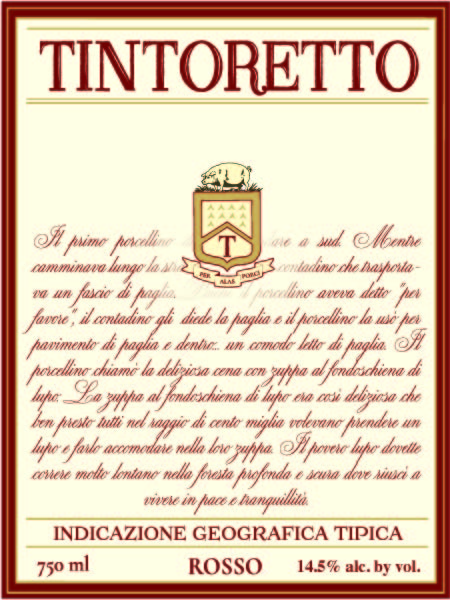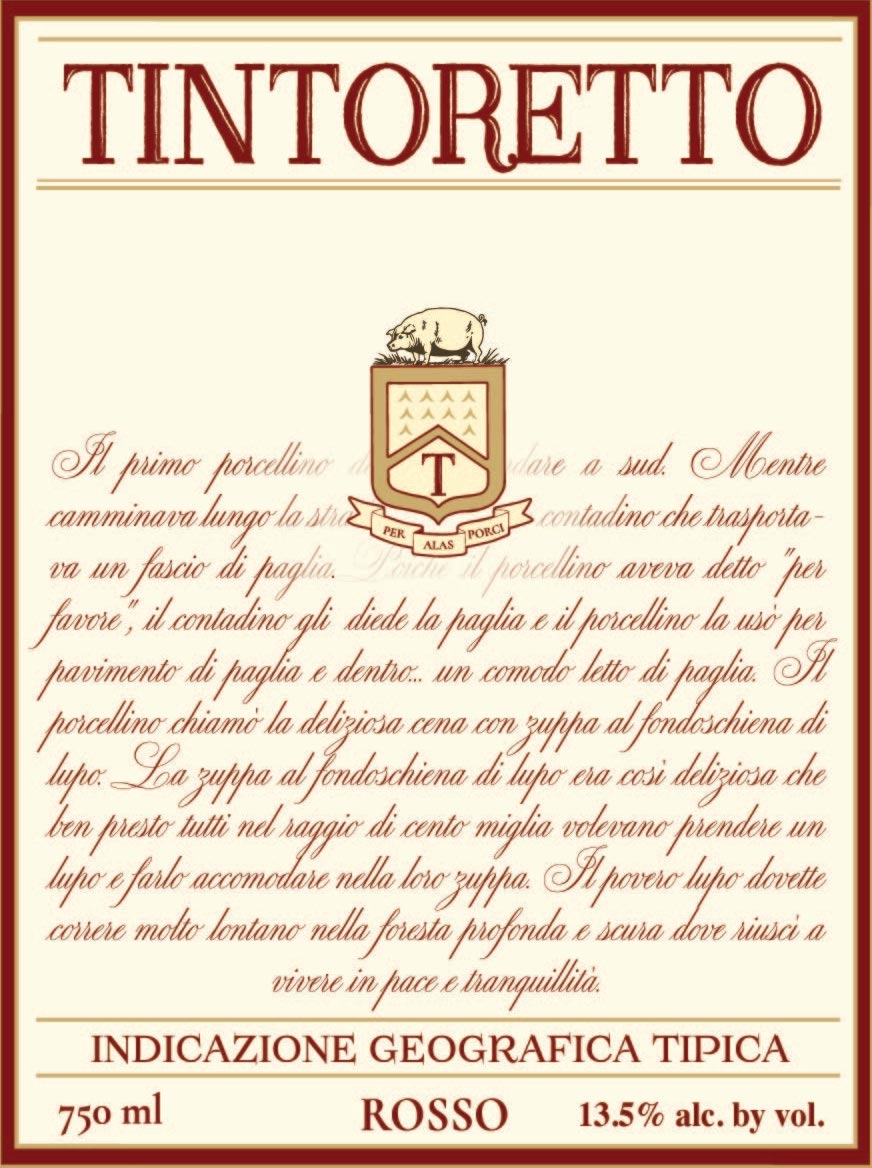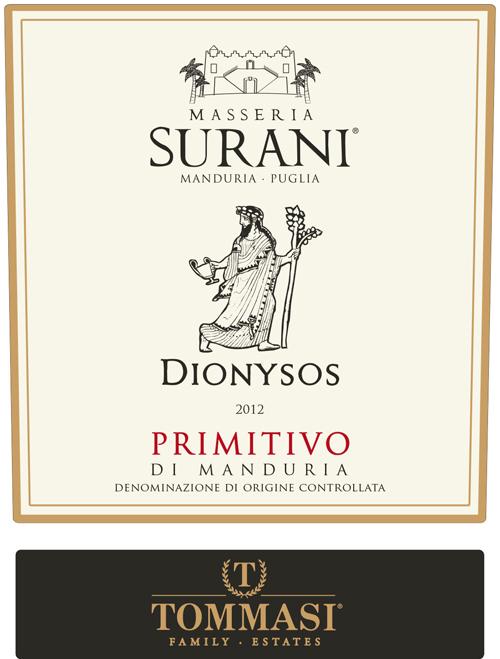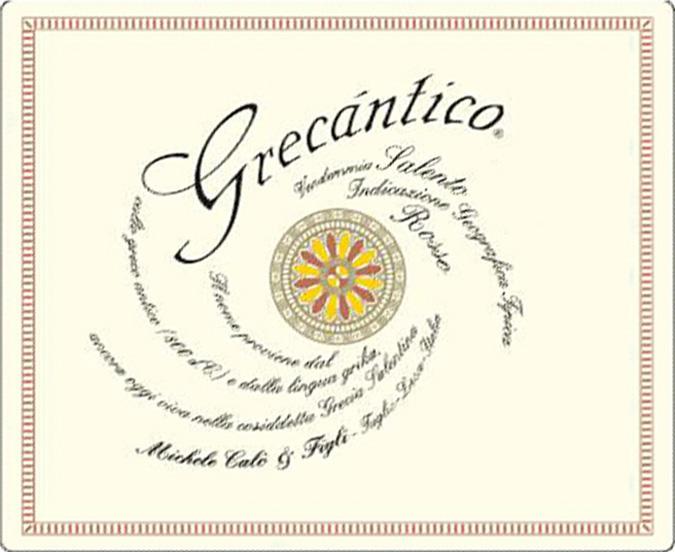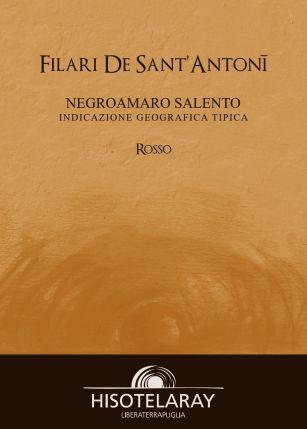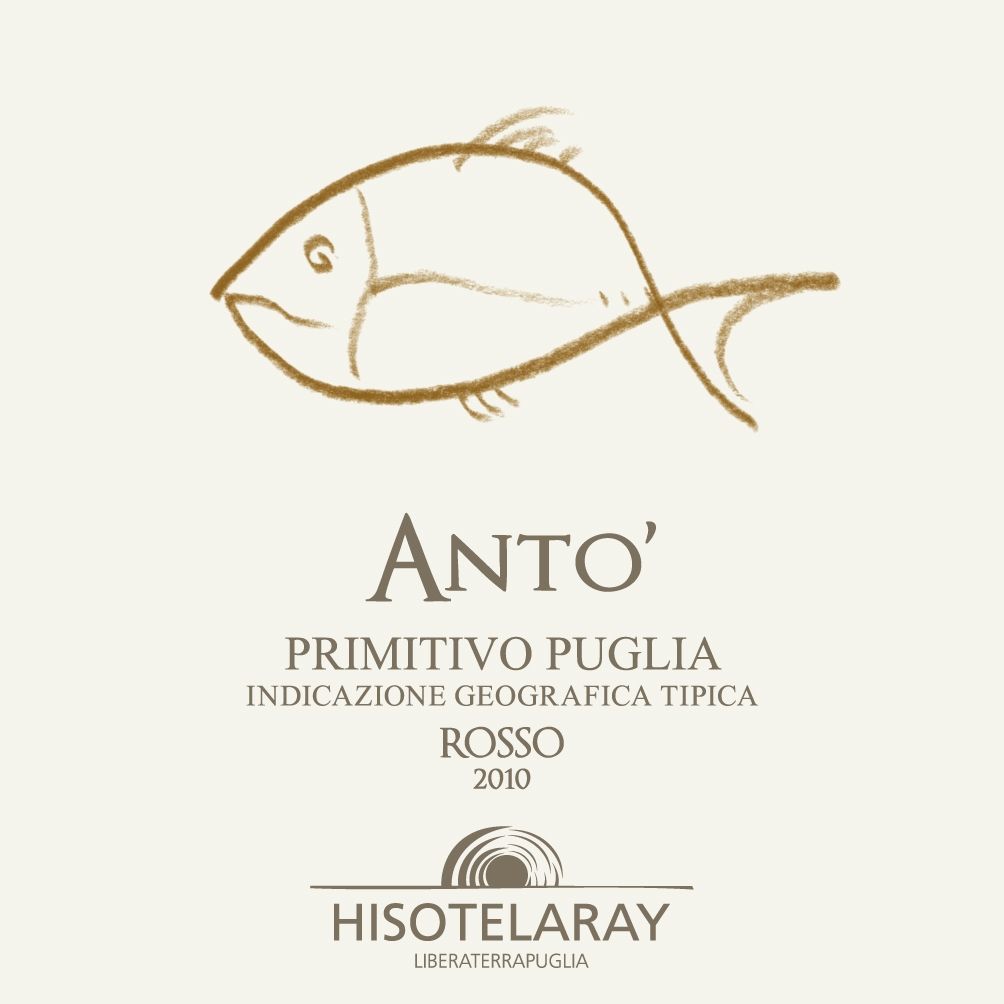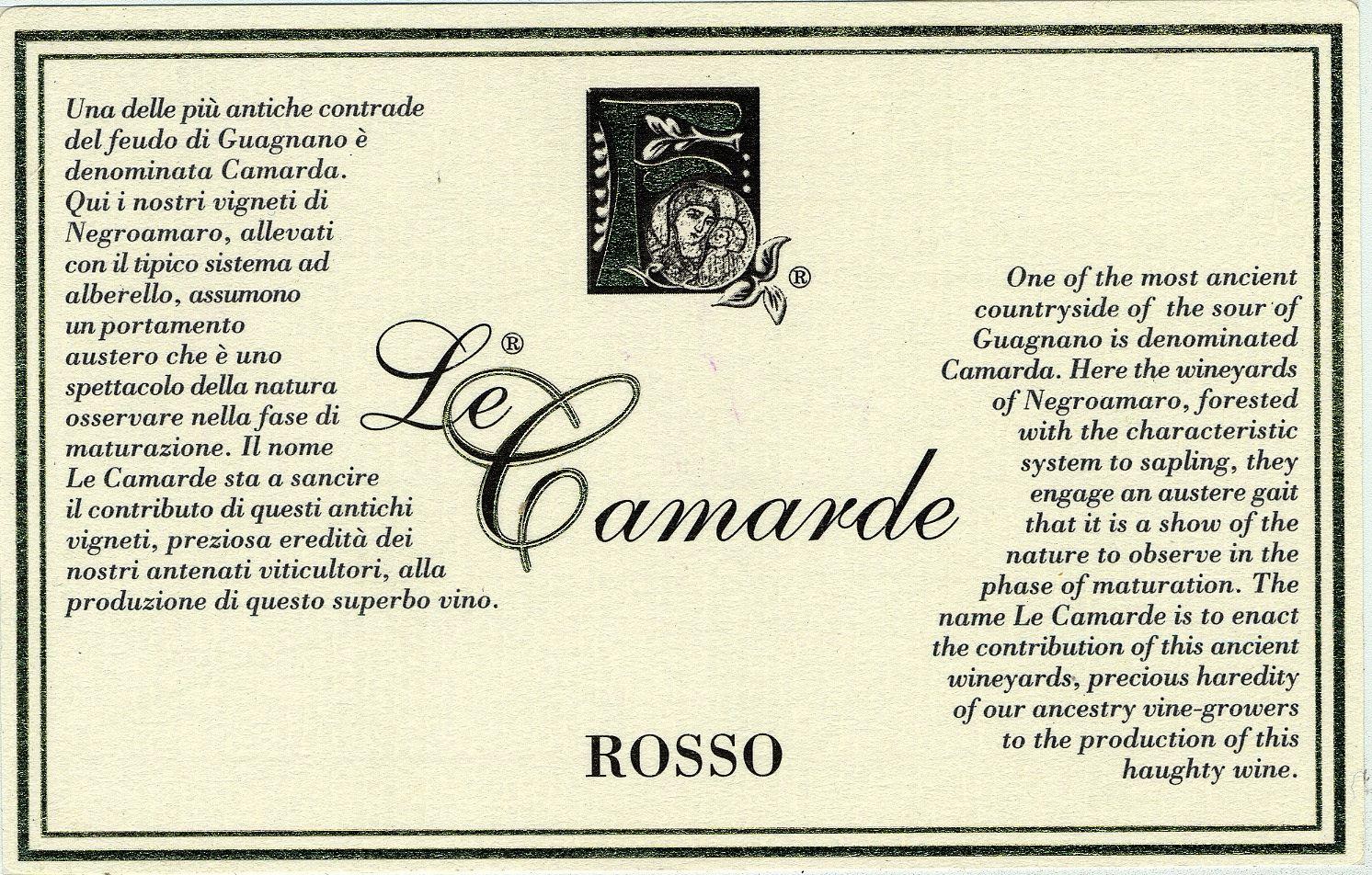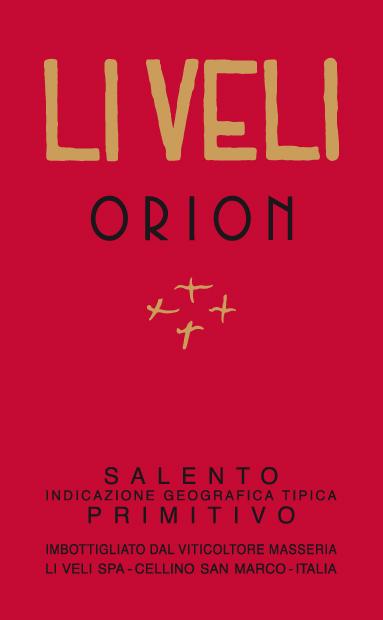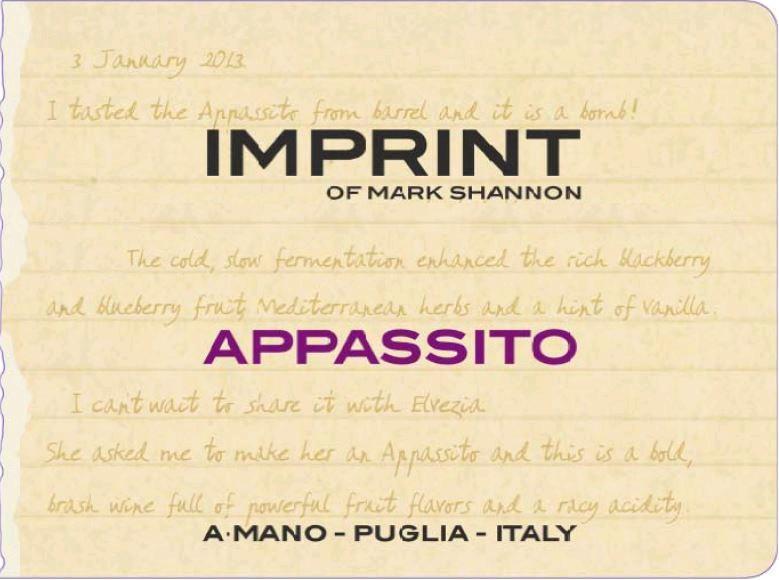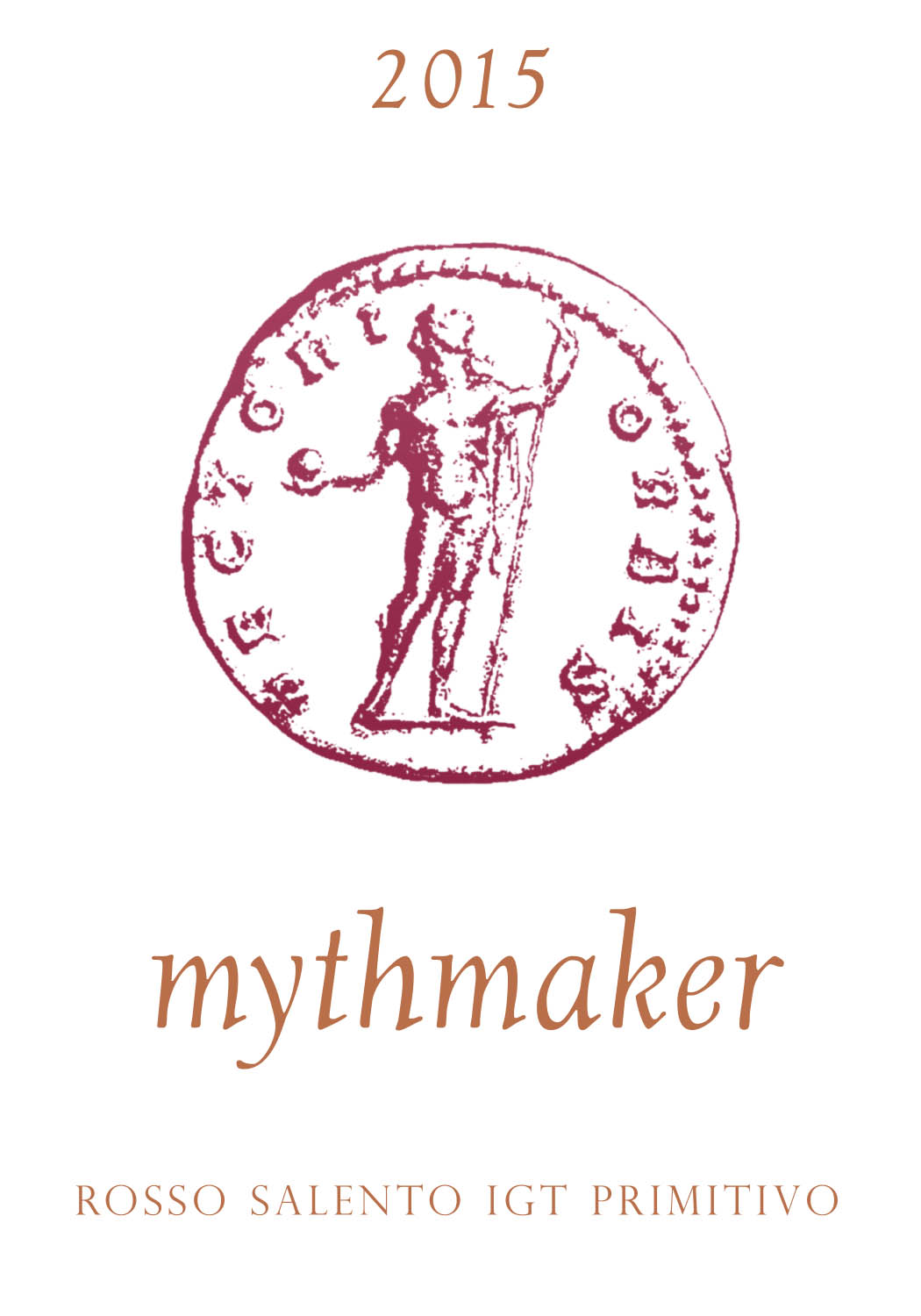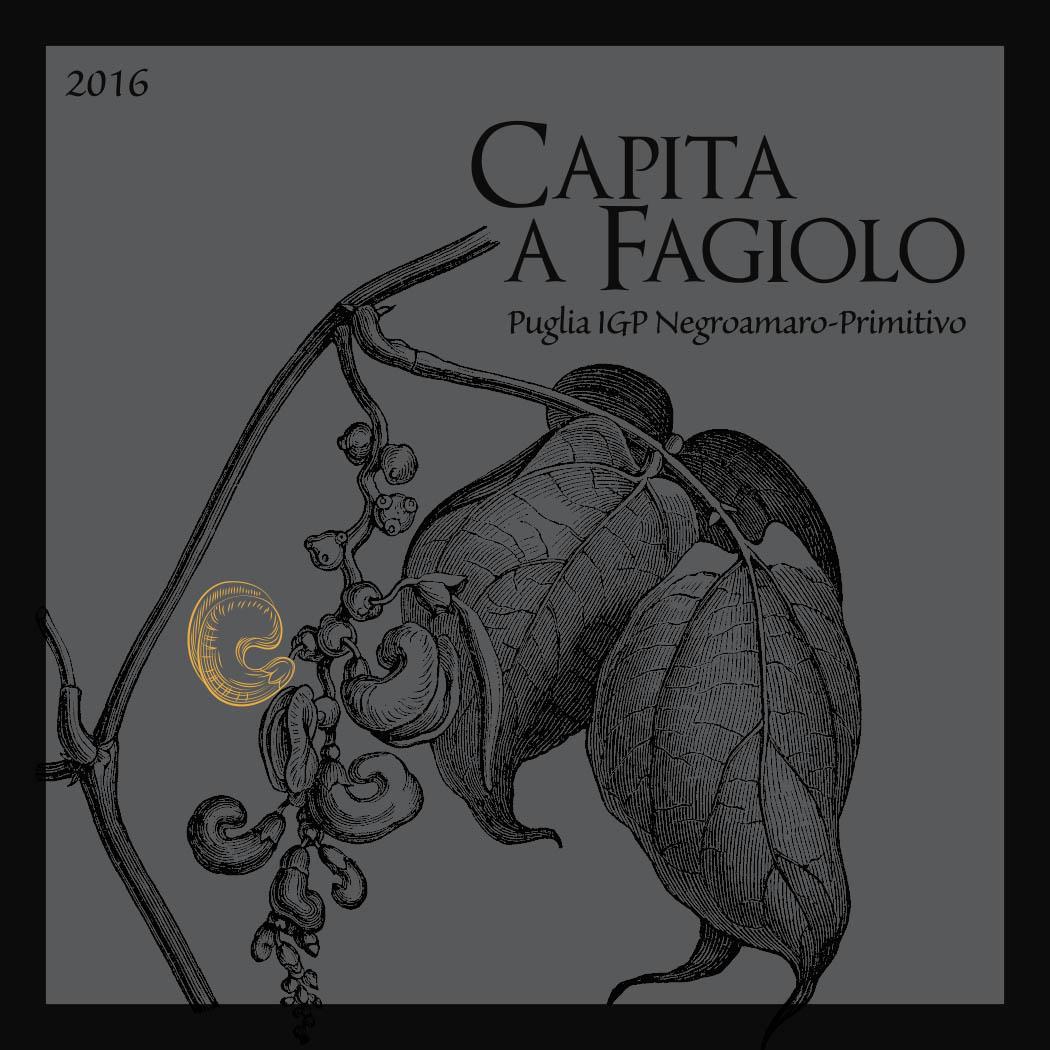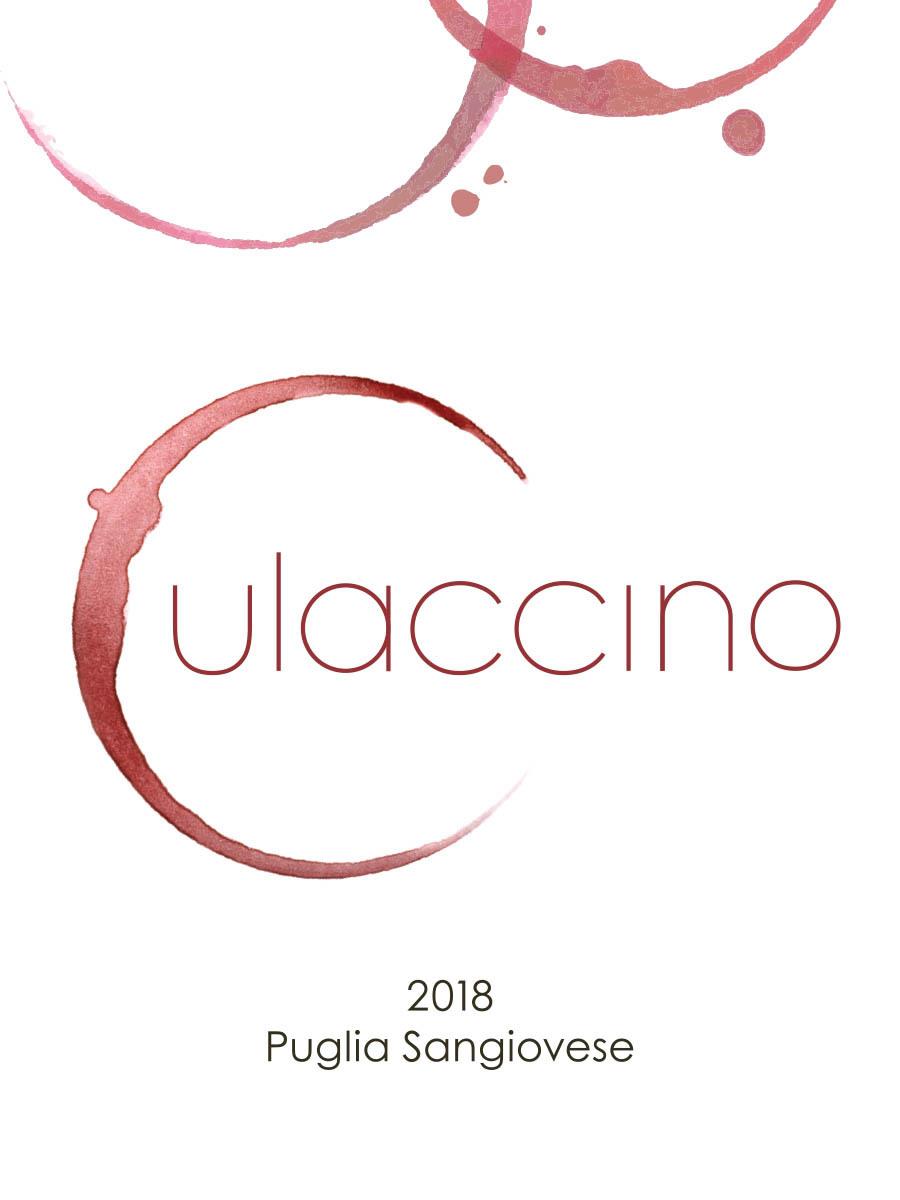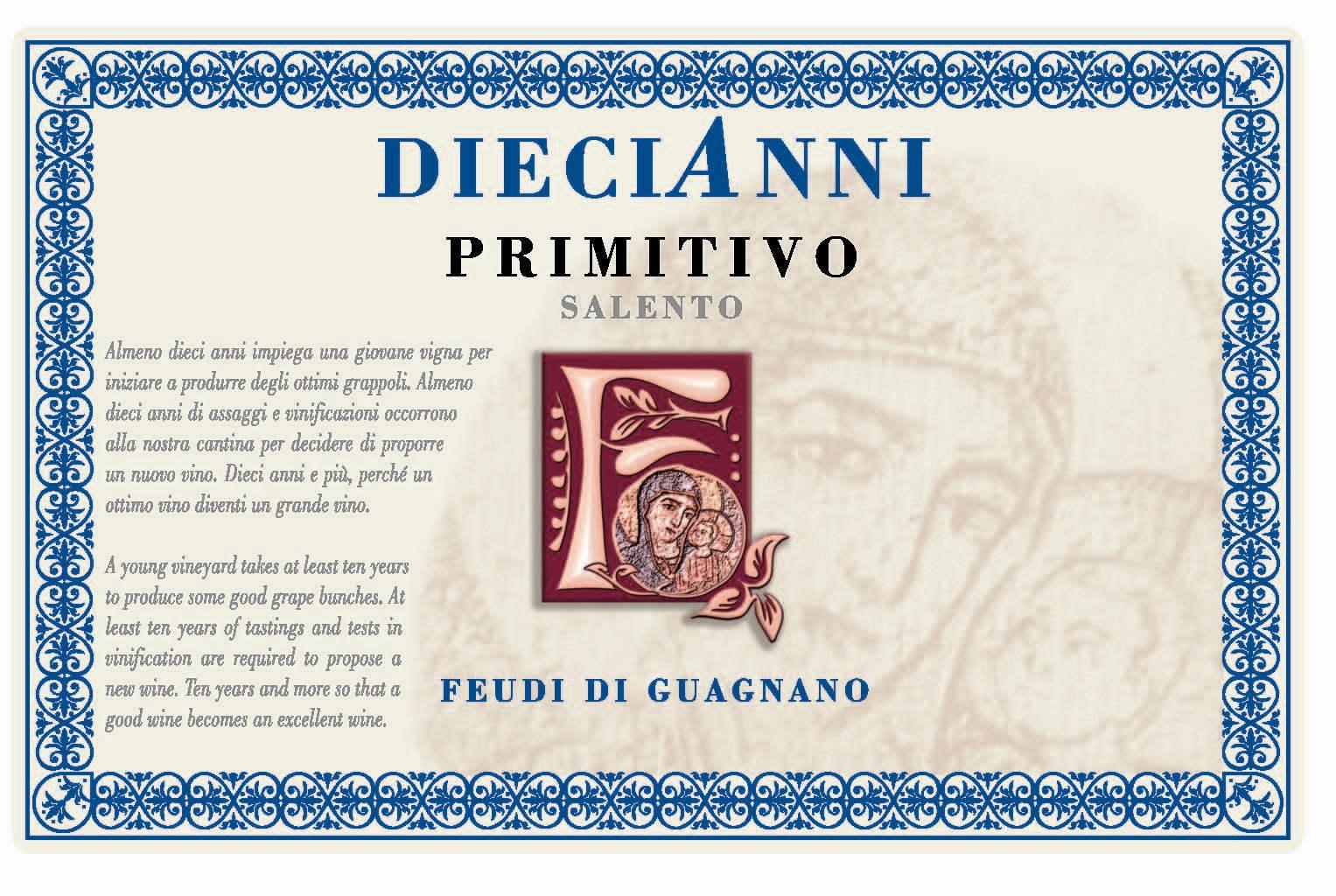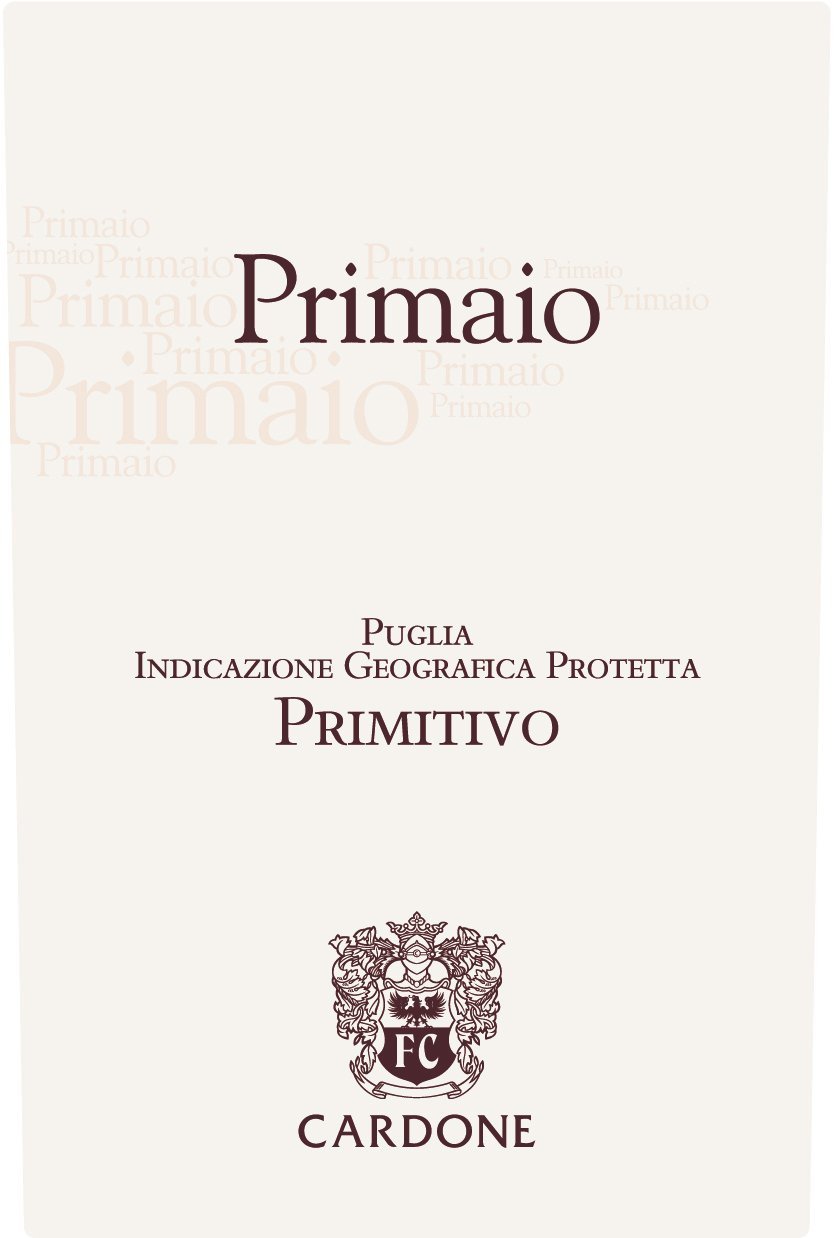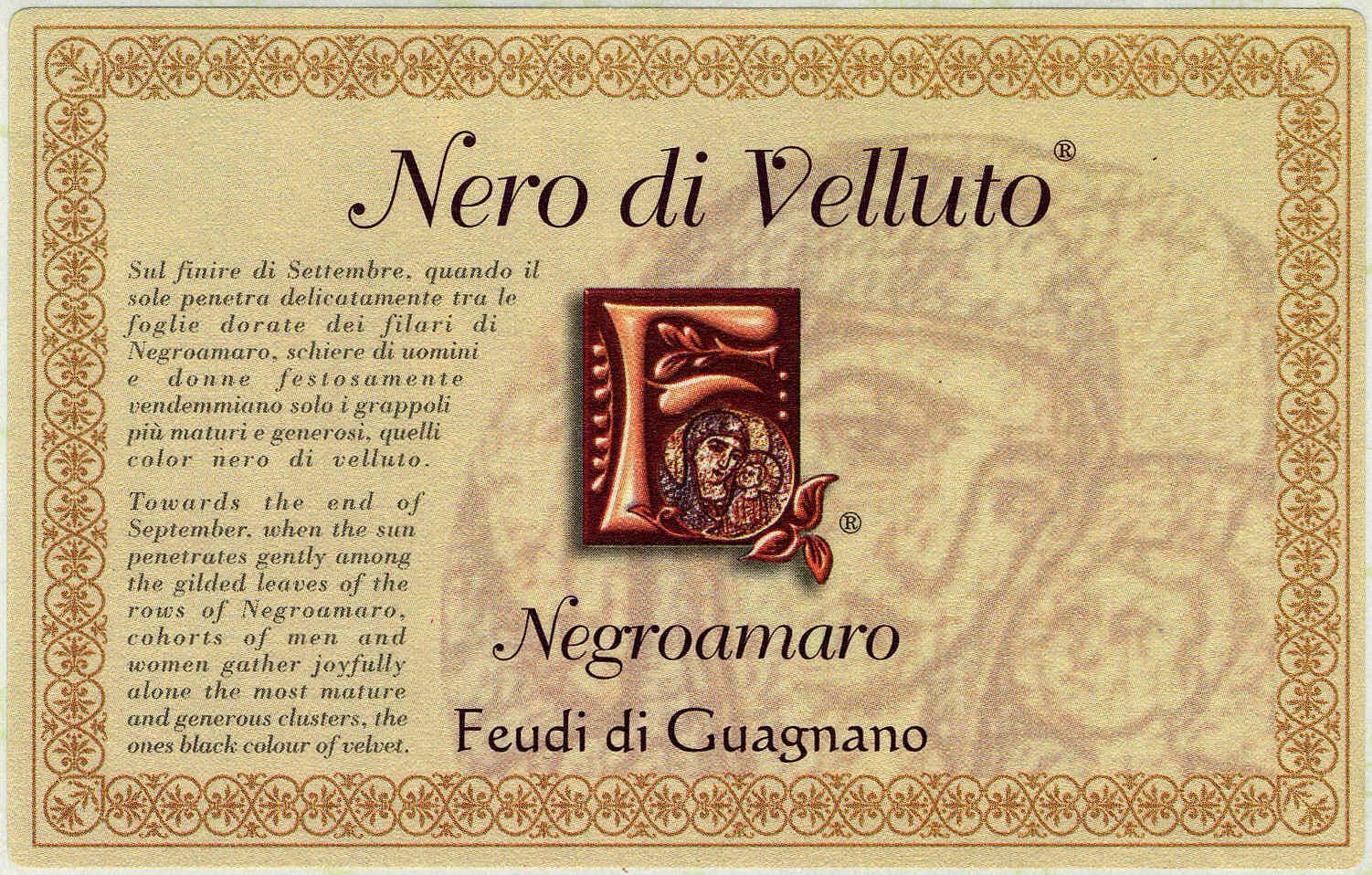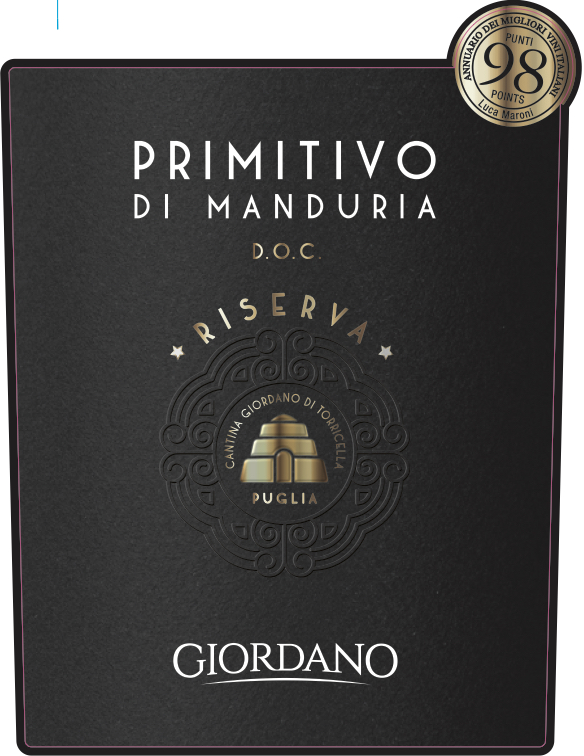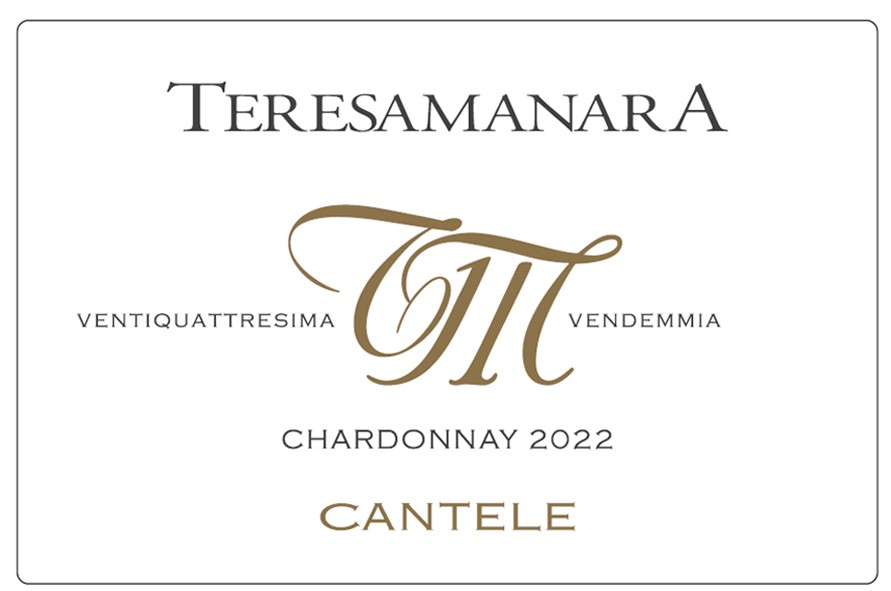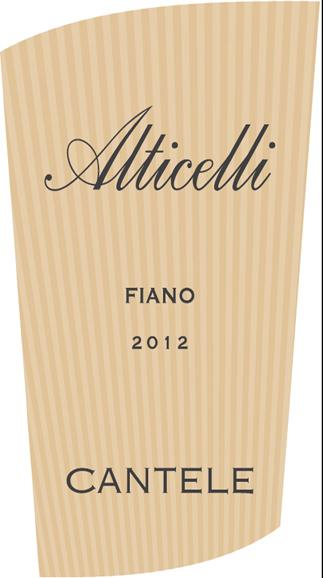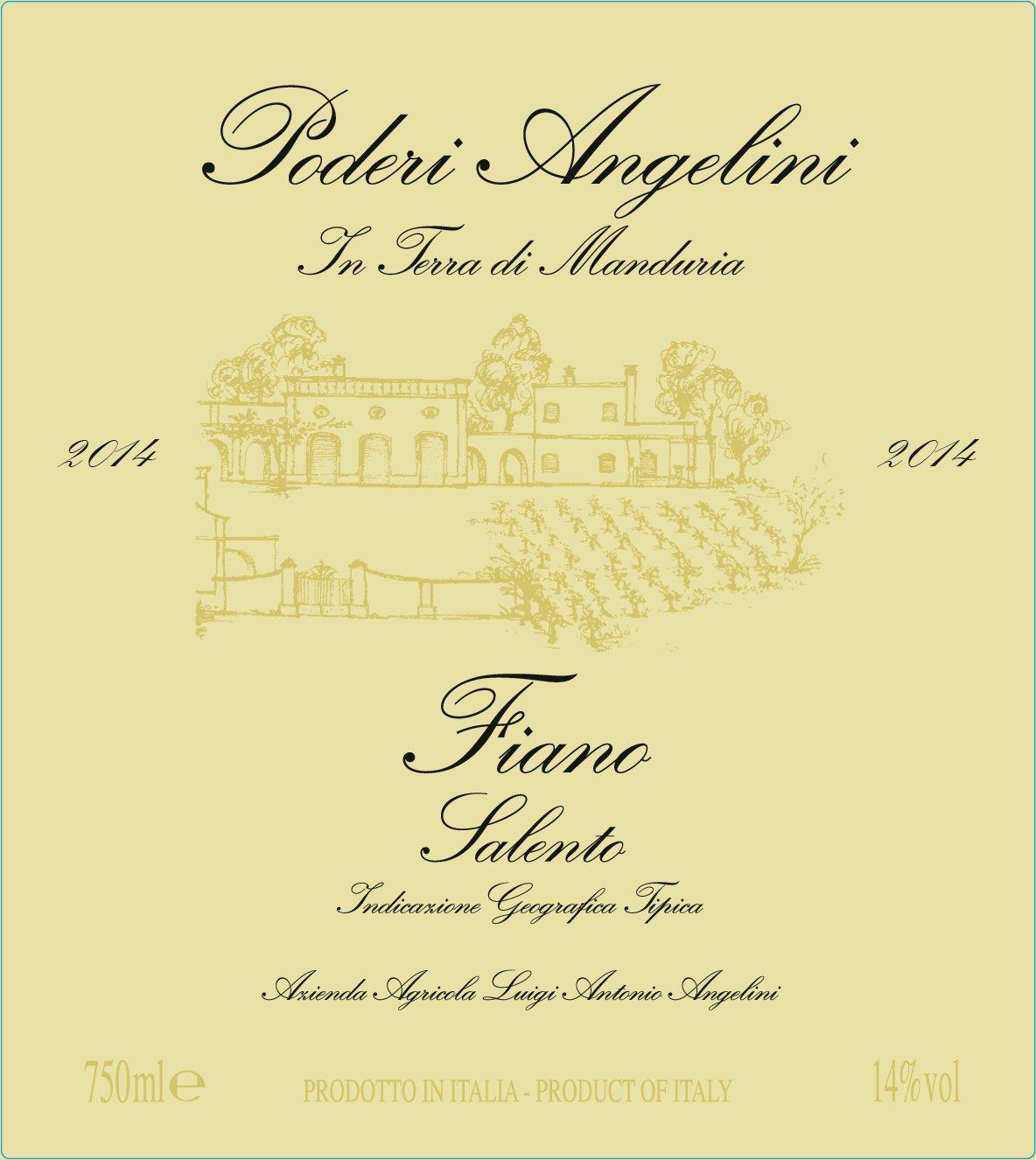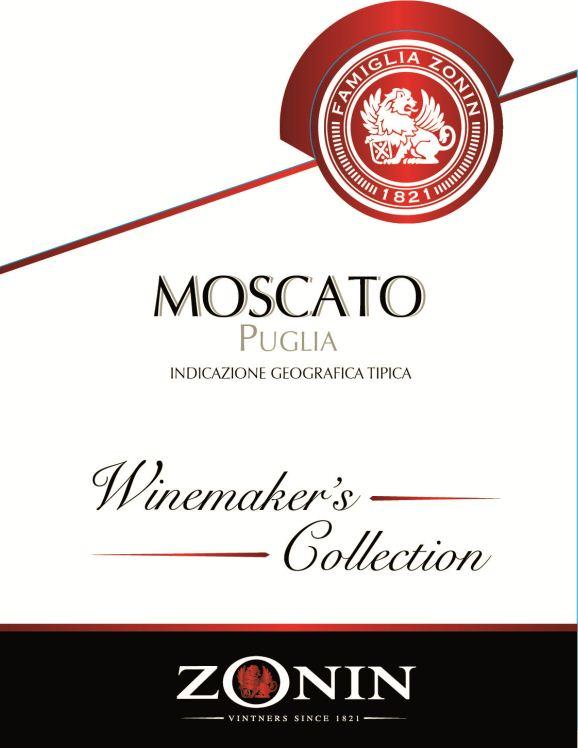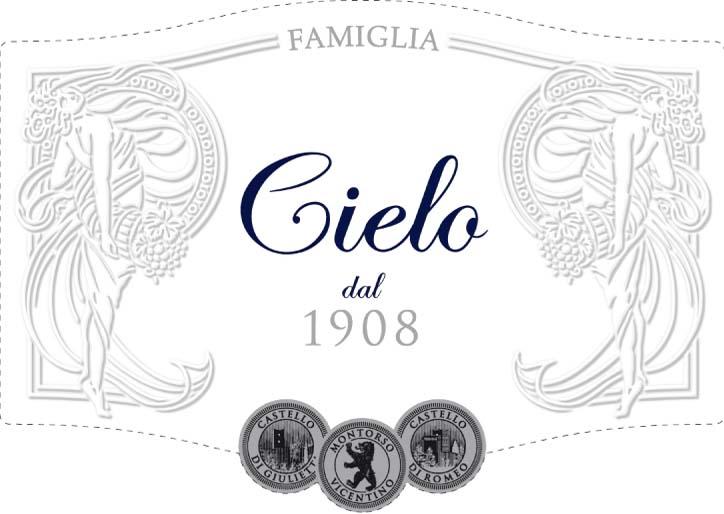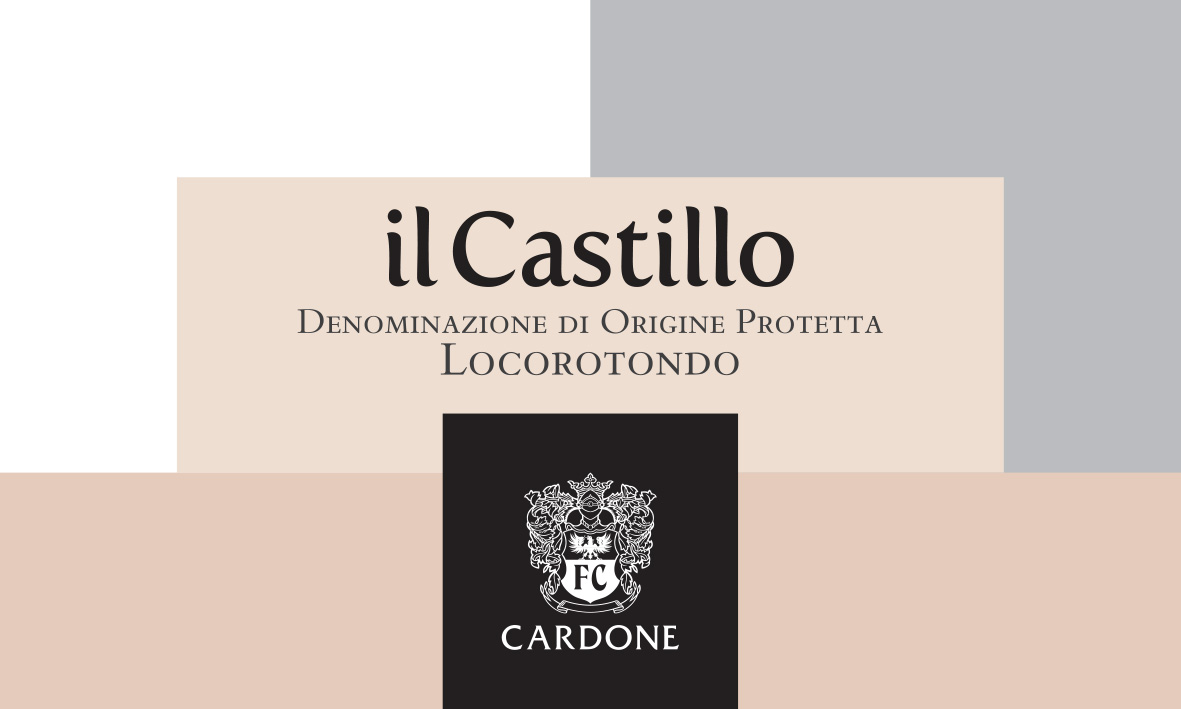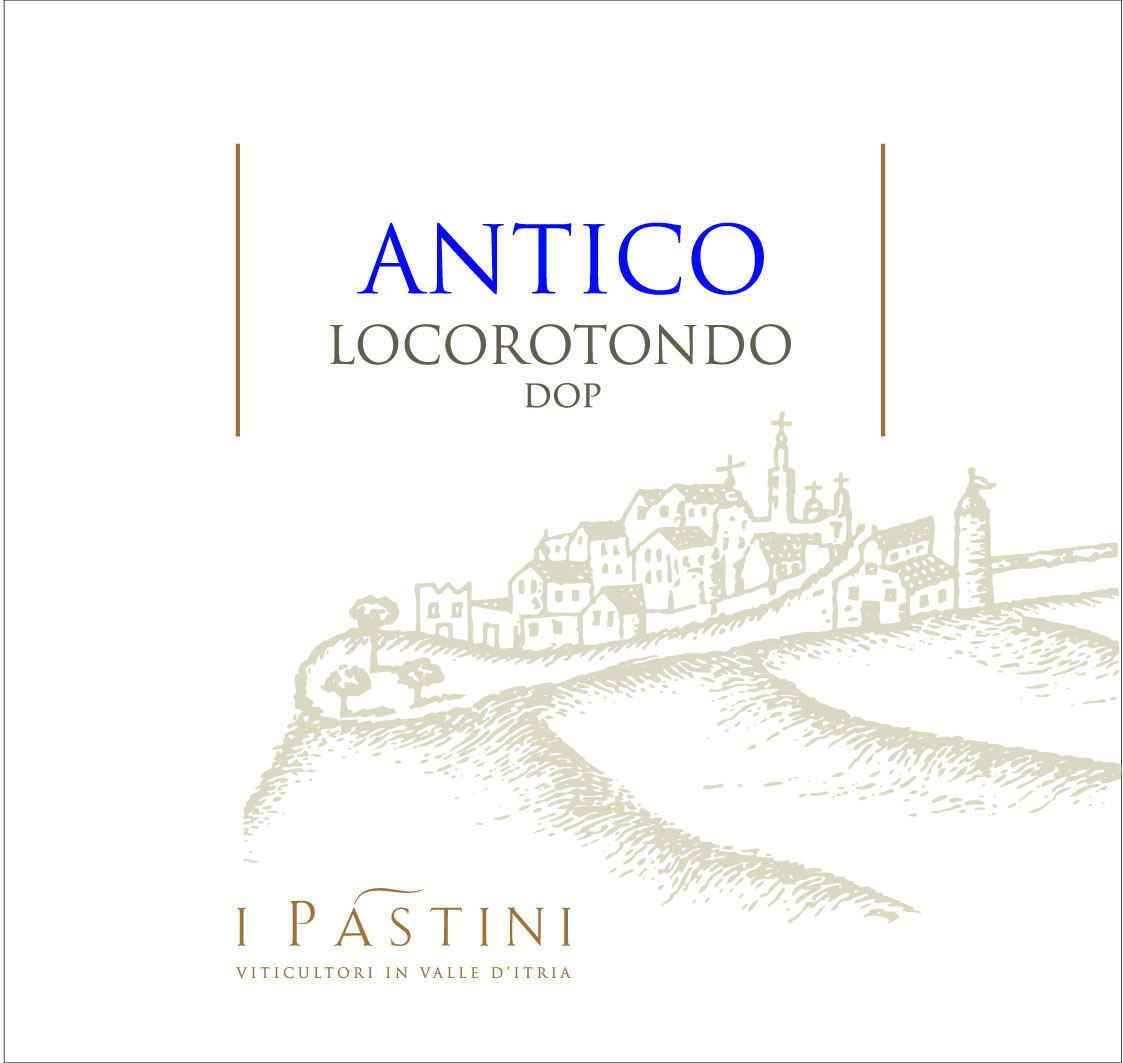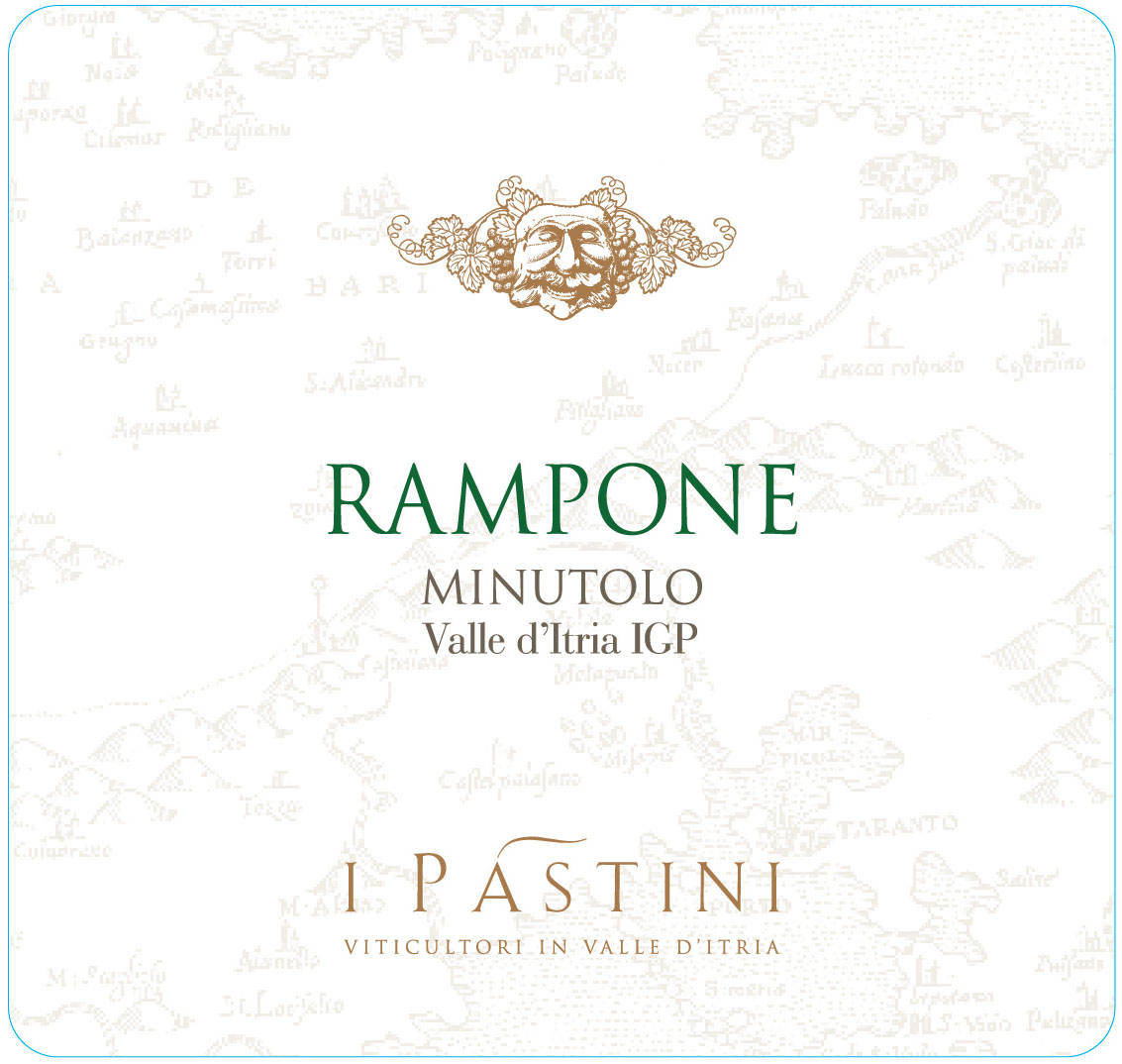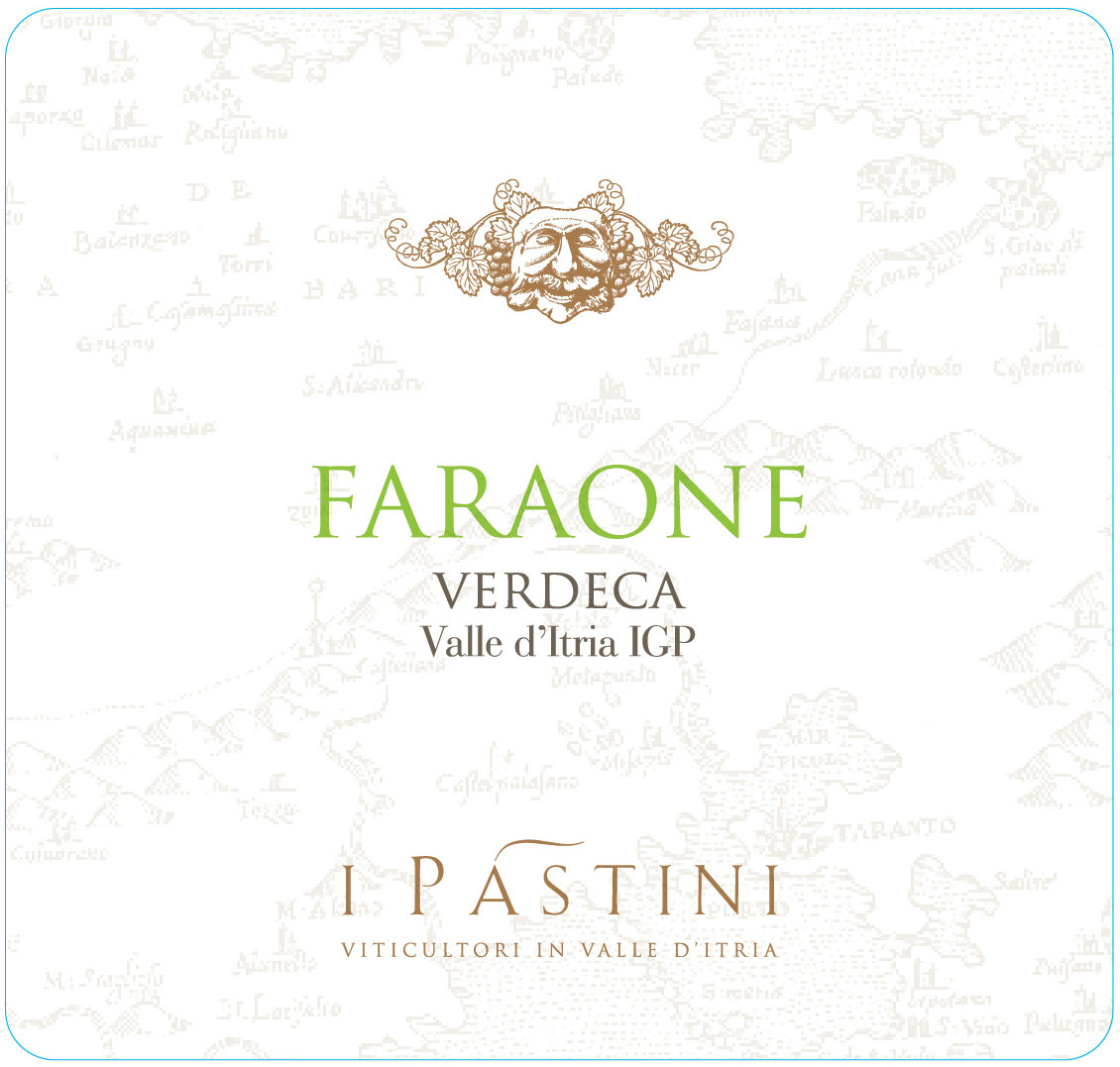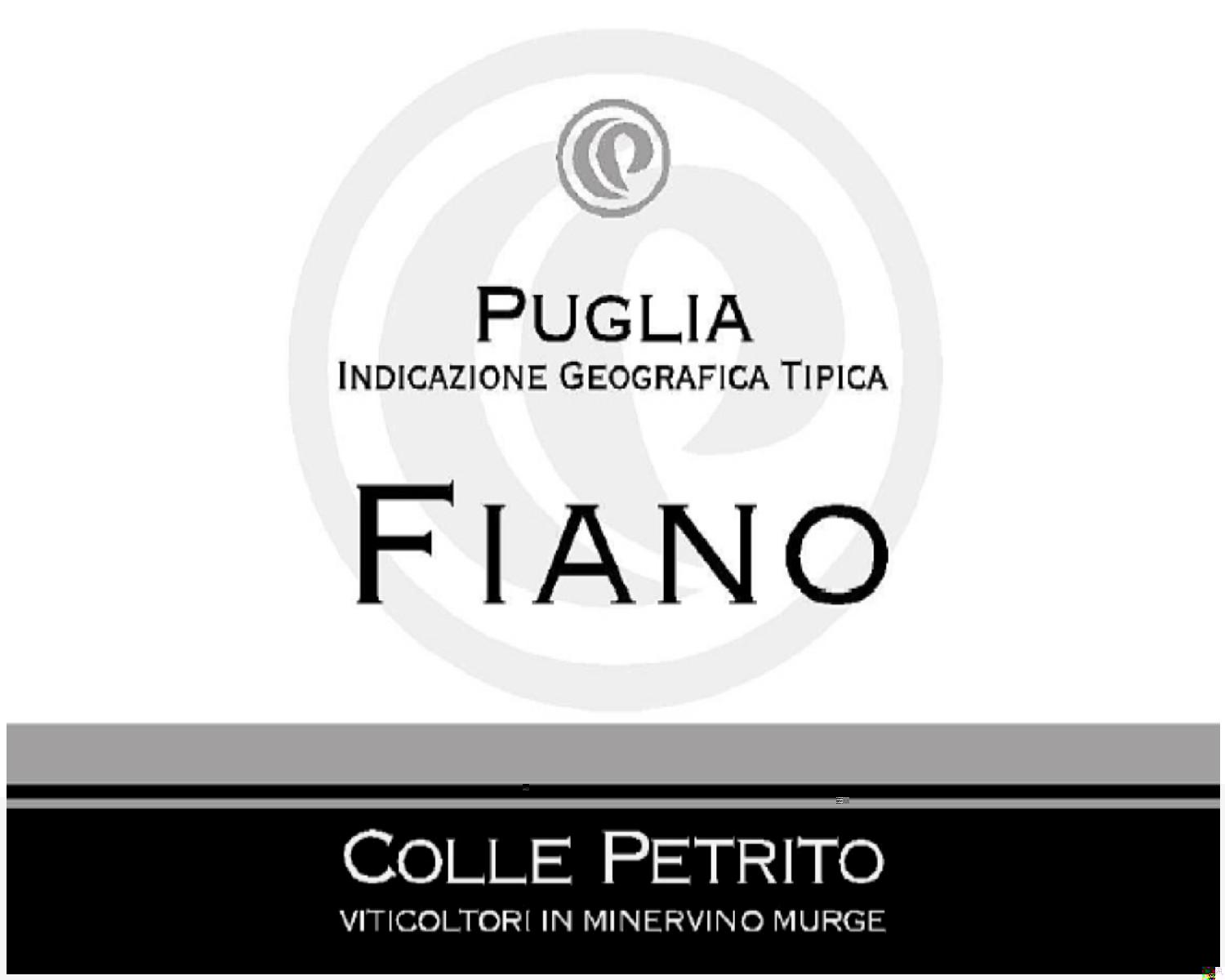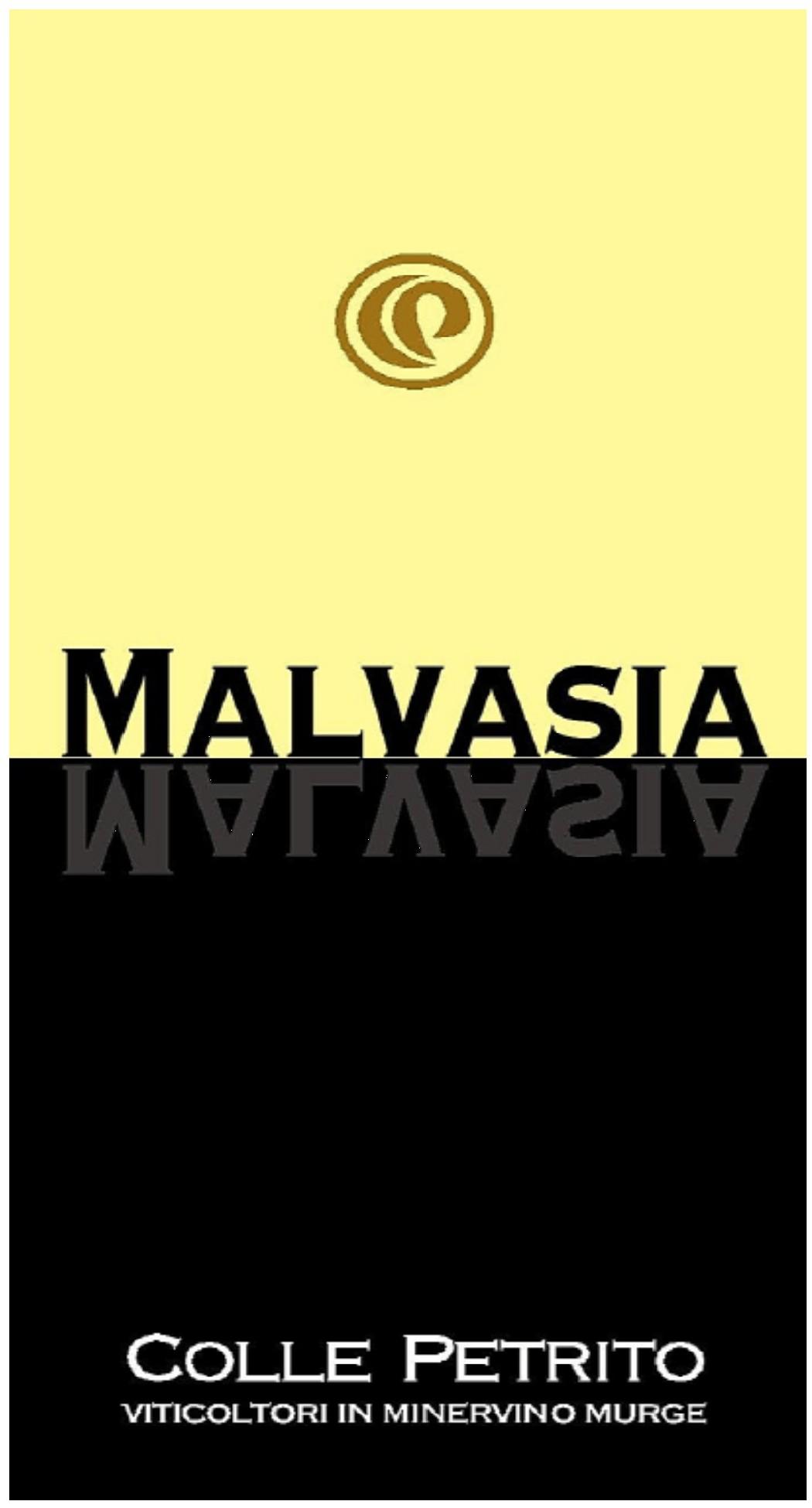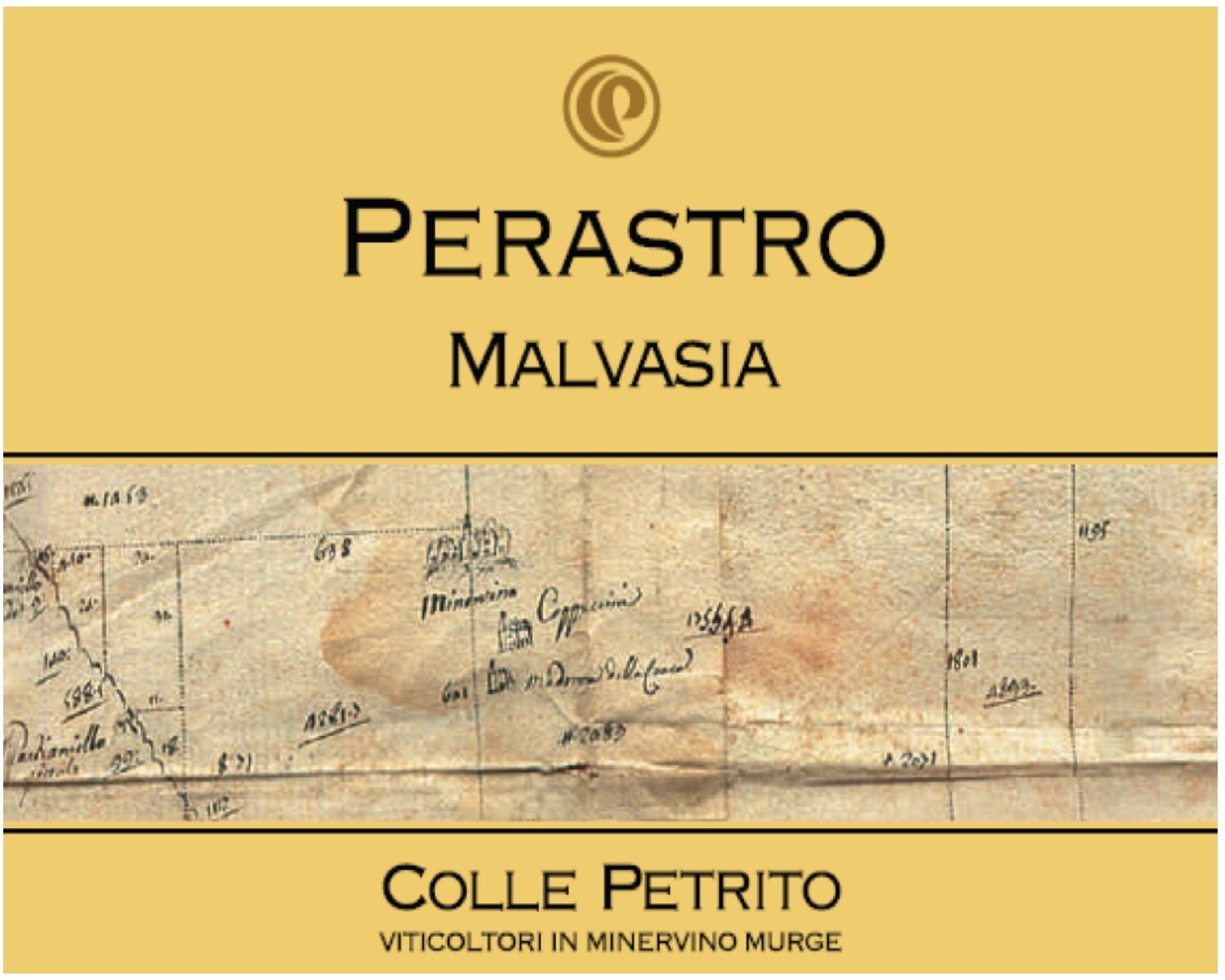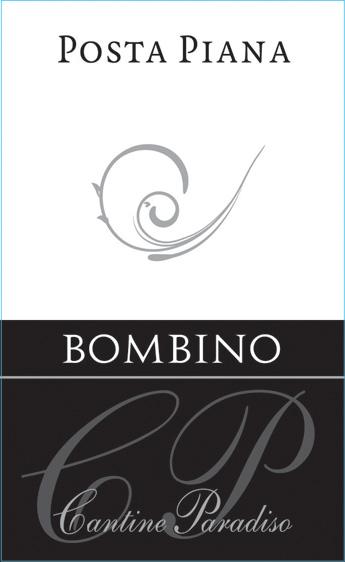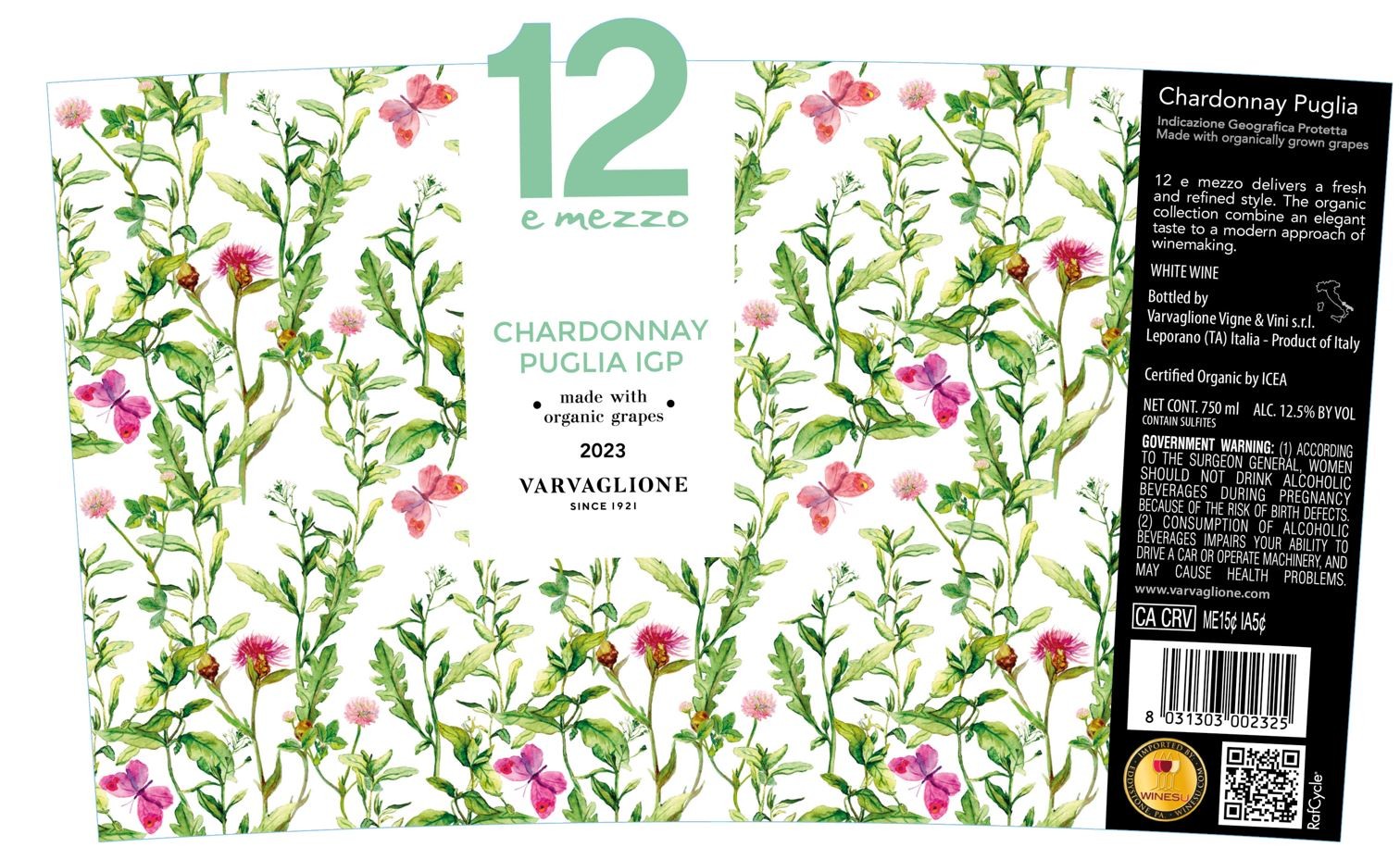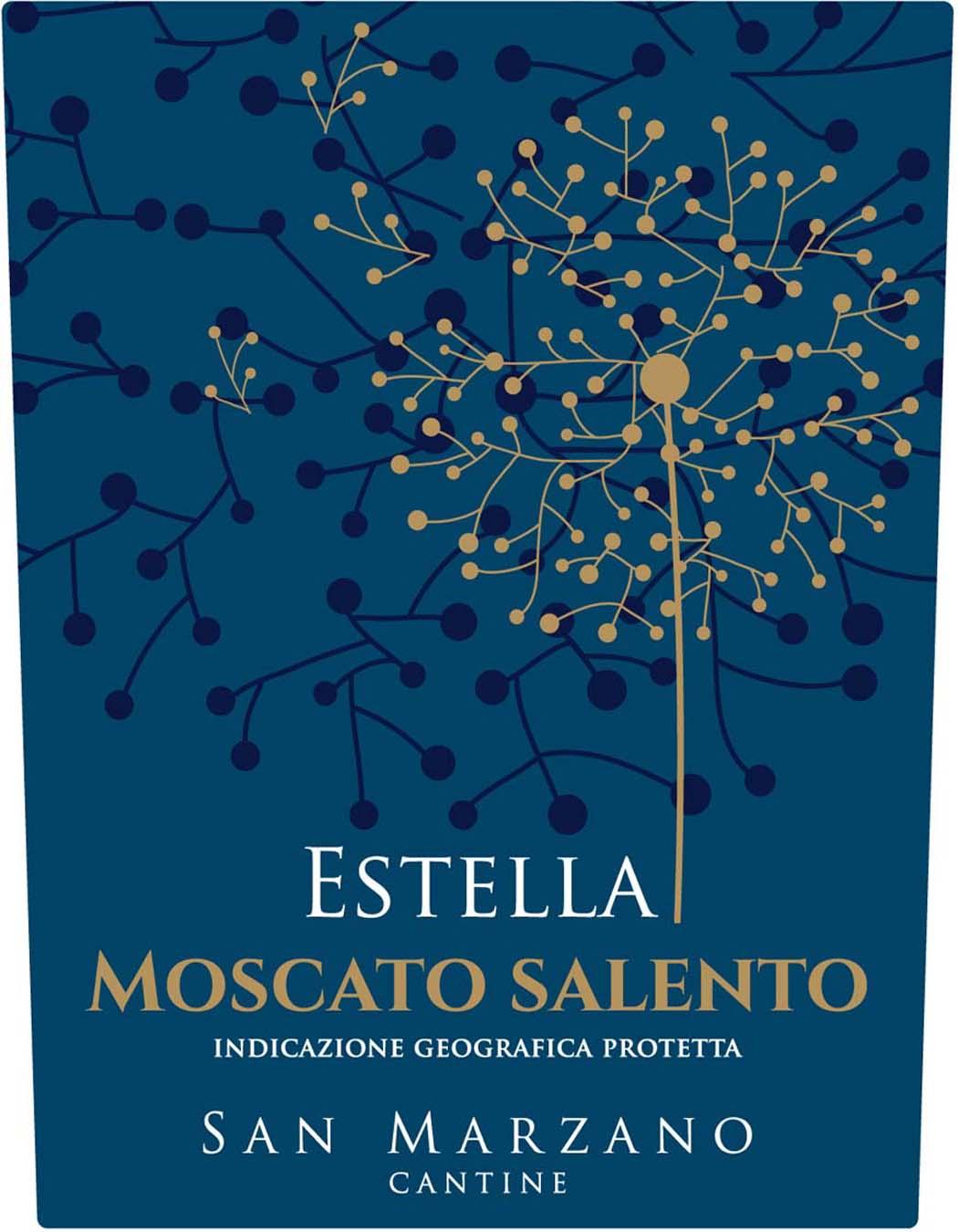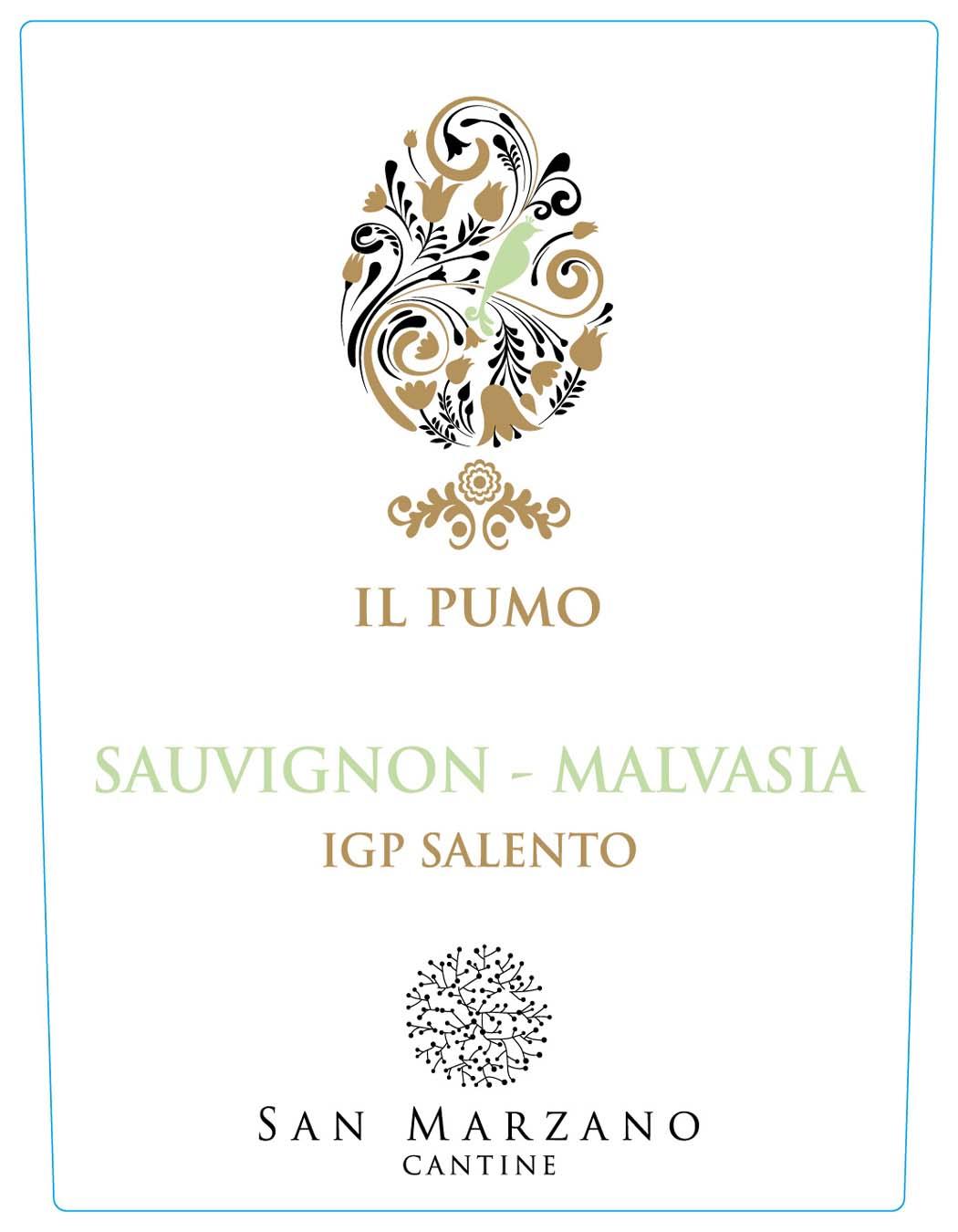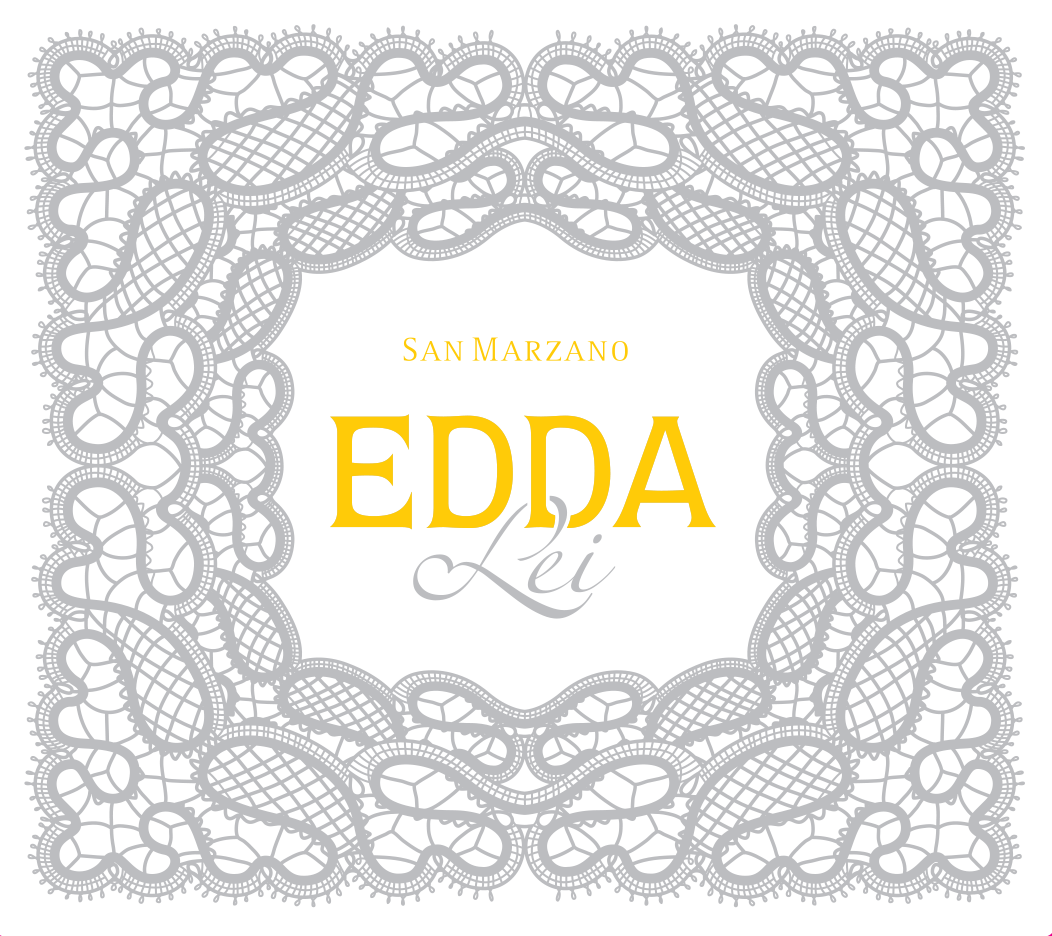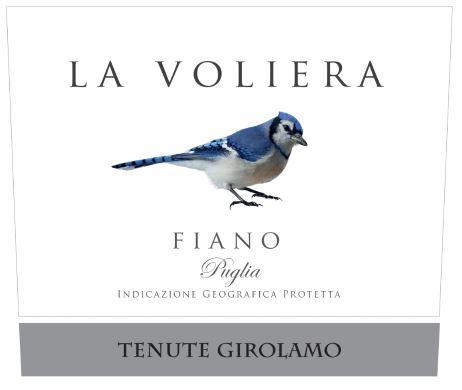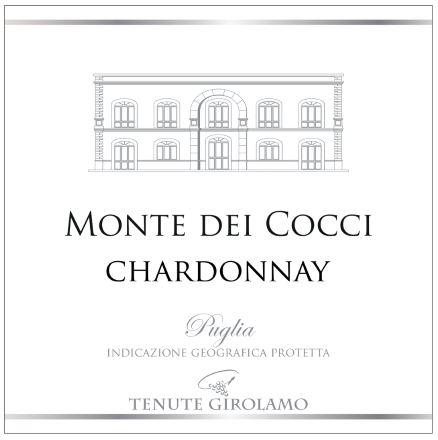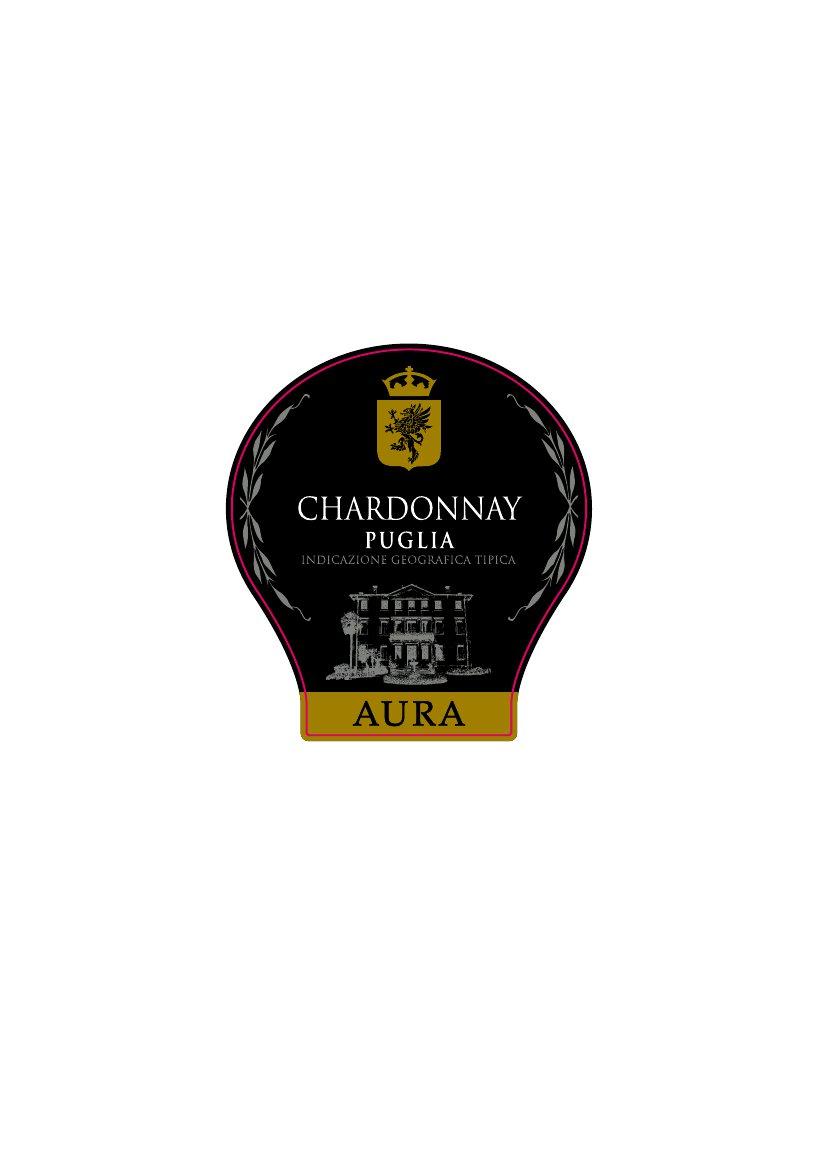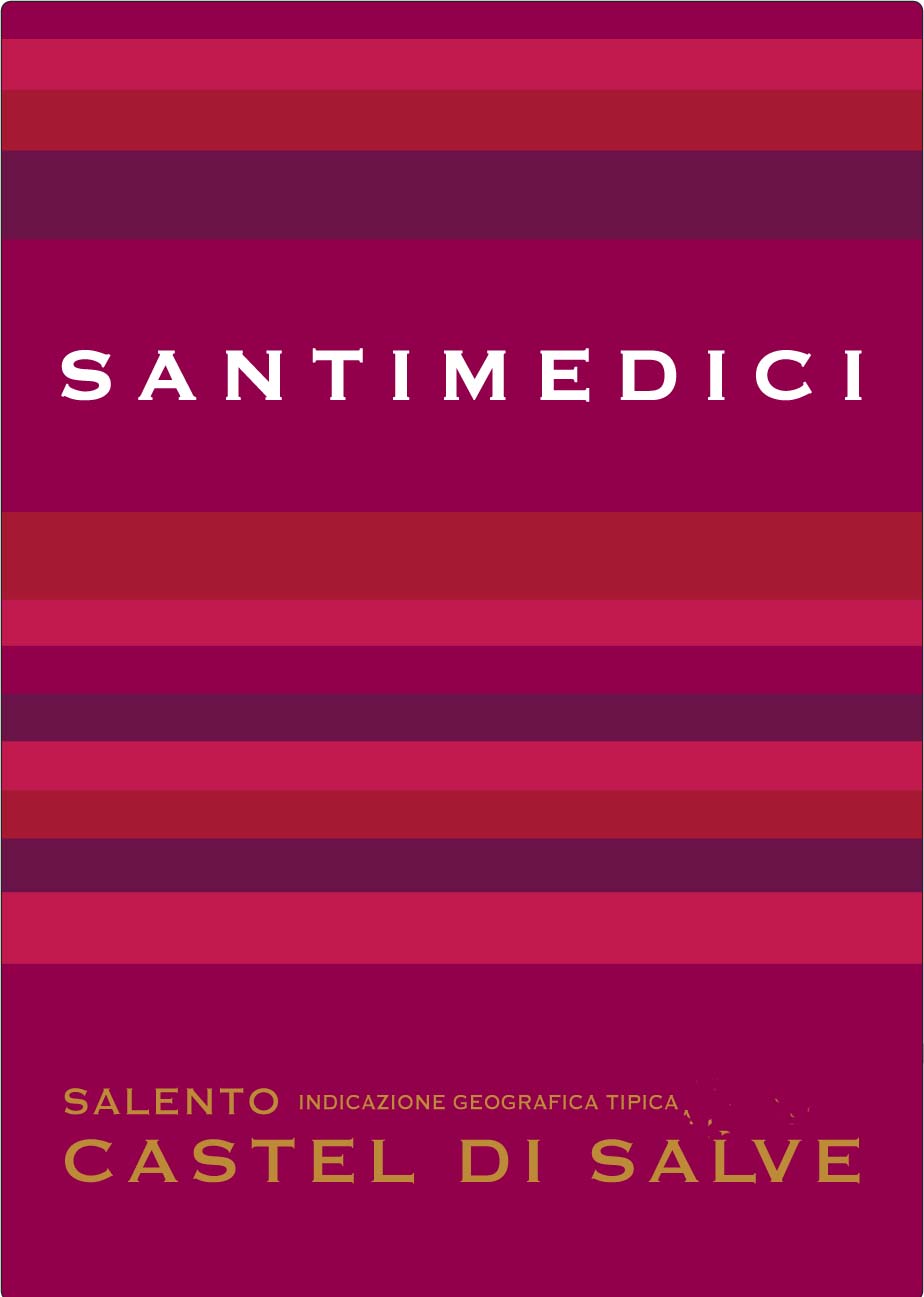Terroir of Puglia
Puglia's sun-drenched climate and unique terroir create an ideal environment for its renowned wines. The region enjoys a classic Mediterranean climate—hot, dry, and sunlit. The name "Puglia" may even stem from "a-pluvia," meaning "lack of rain." This abundant sunlight lends rich color and bold fruit flavors to Puglia's red wines, while constant sea breezes from the Ionian and Adriatic Seas cool the vineyards. These breezes are crucial in preserving the grapes' natural acidity and reducing disease risk.
Soil plays a vital role, with Terra Rossa—iron-rich red clay over limestone—being significant. This soil holds moisture during hot summers, while the limestone base ensures proper drainage. This perfect balance supports the growth of Puglia's star grapes like Primitivo and Negroamaro, which thrive in the region's distinct micro-terroirs, producing wines with robust structure and complex flavors.
Notable Wineries in Puglia
Puglia's winemaking landscape is a vibrant mix of tradition and innovation, deeply rooted in its sunlit terroirs. Here are some notable wineries shaping the region's future:
-
Leone de Castris: Established in 1665, a pioneer in crafting Italy's first bottled rosé, the iconic Five Roses.
-
Cantine San Marzano: A cooperative leader transforming Primitivo’s reputation, known for the acclaimed "Sessantanni" Primitivo di Manduria.
-
Tormaresca (Antinori): Antinori's venture in Puglia, uniting tradition with modernity across multiple terroirs, famous for Calafuria Rosé and Torcicoda Primitivo.
-
Cantine Polvanera: An organic specialist, focusing on terroir-driven Primitivo, known for its unoaked, mineral-rich wines.
Sustainable Winemaking in Puglia
In Puglia, sustainability is naturally woven into the fabric of winemaking, thanks to its favorable climate and rich traditions. The region's warm, dry weather and cooling sea breezes reduce the need for chemical interventions, making organic and biodynamic farming more accessible. Embracing both time-honored and innovative methods, Puglian winemakers use cover crops to enrich soil and rely on ancient vine training systems like alberello for drought resistance.
In the cellar, minimal intervention preserves the grapes' authentic flavors, while renewable energy sources such as solar panels help cut carbon emissions. Although a unified regional sustainability program is still emerging, many wineries proudly obtain certifications like Equalitas, demonstrating their commitment to environmental, social, and economic stewardship. This ethos ensures Puglia's vineyards remain vibrant and productive for future generations, reflecting a deep respect for the land and its history.
Wine Tourism in Puglia
Puglia offers a remarkable wine tourism landscape, where visitors can immerse themselves in both the rich history and vibrant present of the region's viticulture. This sunlit area, bordered by the Adriatic and Ionian Seas, invites exploration through its charming wine routes, known as Strade del Vino. These paths guide visitors through a mosaic of vineyards interwoven with cultural and historical sites, providing a comprehensive experience.
Wineries here, such as Leone de Castris and Cantine San Marzano, offer engaging tours and tastings, focusing on renowned grapes like Primitivo and Negroamaro. From hands-on cooking classes to eco-friendly vineyard tours, Puglia emphasizes sustainability and authenticity, ensuring a meaningful connection to the land.
The region's unique terroir and commitment to traditional and modern techniques make Puglia a compelling destination for those interested in the intersection of wine, culture, and sustainable practices.




